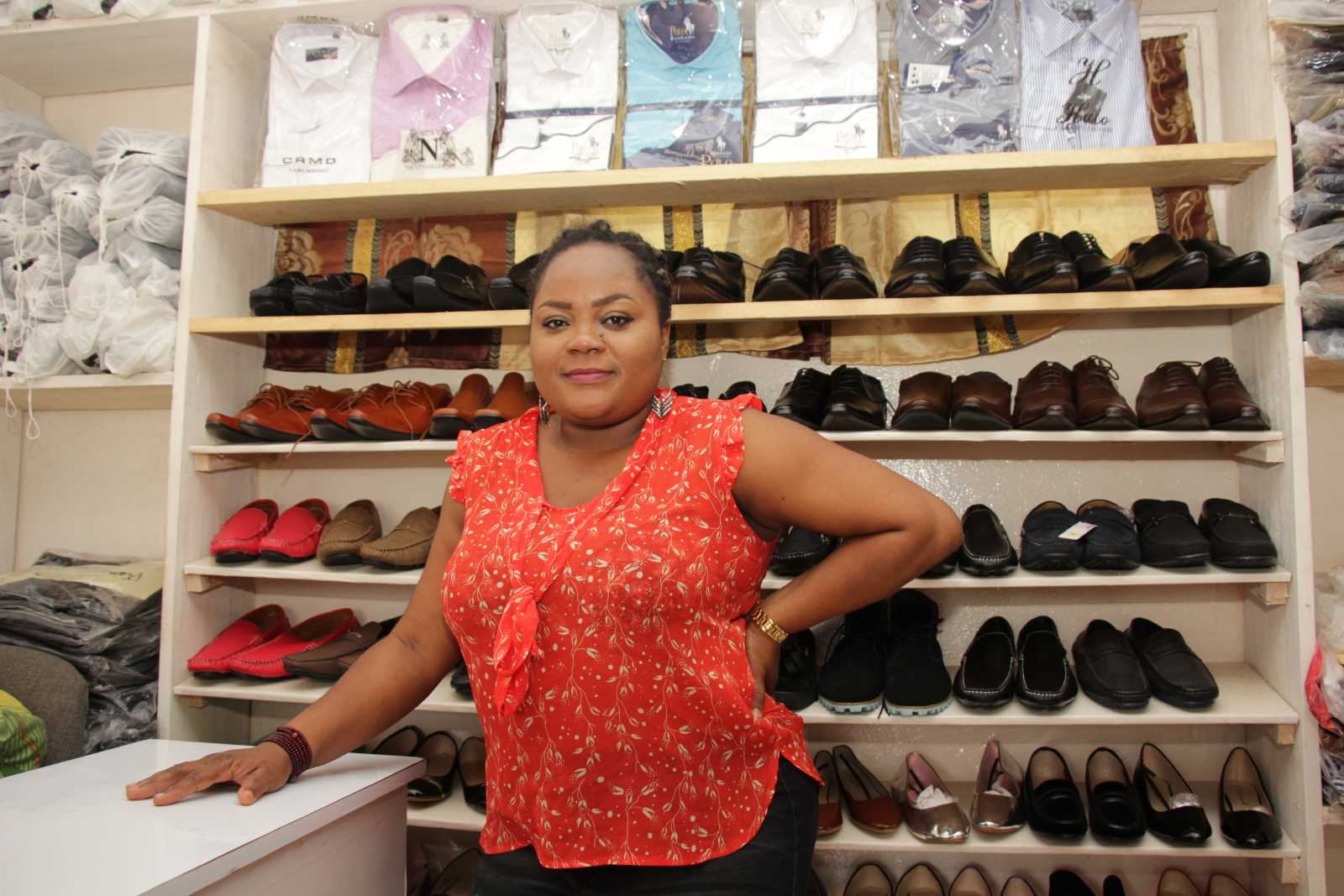Women in business
Improving female entrepreneurs’ self-esteem

In recent years, female entrepreneurship has grown considerably worldwide. One in six women around the world intends to start a business soon – compared to one in five men – according to the GEM 2022/23 Women’s Entrepreneurship Report (GERA, 2023). Women’s entrepreneurial intentions are highest in low-income countries (28.2 %) and lowest in high-income countries (11 %).
However, it is important to highlight the ongoing challenges women face when starting a business. While economic barriers are significant, psychosocial factors deserve attention too.
Over the decades, research has shown that entrepreneurial motivations are deeply influenced by psychological and social factors. Personal traits such as self-efficacy or self-esteem, adaptability and leadership are closely linked to entrepreneurship. Additionally, social influences such as family background, education and age play an important role. According to a quantitative study in Spain in 2012, informal factors such as the perception of entrepreneurial skills, family roles and social networks are more relevant for female entrepreneurship than formal factors such as financing, training and support policies.
Low self-efficacy hinders entrepreneurship
Despite having the same entrepreneurial skills as men, many women perceive themselves as less prepared to succeed in business. Research suggests that many women who have entrepreneurial skills avoid starting a business due to low self-efficacy shaped by social and cultural factors.
In its GEM 2021/22 Women’s Entrepreneurship Report, the Global Entrepreneurship Research Association provided an analysis of trends in women’s entrepreneurship in 50 countries around the world. Of all the countries considered, the highest proportion of adults either starting or running a new business was found in the Dominican Republic, where 43.7 % of women reported startup activity compared to 40.1 % of men.
Despite such encouraging figures, it is worth pointing out that Dominican women often choose traditional or subsistence businesses. A key reason is that these ventures require minimal investment. However, since these sectors are usually saturated, profits tend to be modest.
In 2023, I conducted a study in the Dominican Republic for my master’s thesis at University of Leipzig, focusing on 20 women entrepreneurs. Of these, 10 had received specialised training, held postgraduate or master’s degrees. Nine had completed higher or university education, and one had technical education. Despite their high levels of education, many of these women felt they still lacked sufficient entrepreneurial skills.
Social environment matters very much
My study highlights the strong influence of social environments on women entrepreneurs. It shows that the family can play a key role in encouraging business activity, particularly for women: 90 % of the participants have a family member who is or has been an entrepreneur. This supports the idea that growing up with an entrepreneurial role model in the family increases the likelihood of developing entrepreneurial skills.
Moreover, it is relevant for women entrepreneurs to receive support from their social circle when deciding to start a business. Without encouragement from family and friends, many entrepreneurs lose motivation and may abandon their ventures. Seven of the 20 Dominican women entrepreneurs declared that their social environment did not support their decision to start a business, leading to a loss of motivation during their entrepreneurial journey.
For female entrepreneurs, support from family and friends is very important, particularly for those with partners or children, as family responsibilities can complicate their business careers. Among those who received both emotional and financial support, emotional support was consistently ranked as more important and valuable.
A troubling finding is that half of the interviewees reported they did not engage with other women entrepreneurs in their field. Only five are members of relevant organisations or business associations. This lack of networking means they miss out on significant opportunities that social networks offer, such as access to role models and resources.
Enhancing women’s self-esteem
The central aim of my study was to develop a group business coaching programme that allows participants to collaborate on personal and business development tools. The month-long online programme “Reprogram Your Business Mindset” targeted fears, blockages and limiting beliefs that often hold women entrepreneurs back. It combined elements of business, coaching, neuro-linguistic programming (NLP) and other self-development tools. Its primary goal was to empower women by boosting their self-esteem. The women were encouraged to reflect on the impact of psychosocial factors and how to work on them to improve their businesses.
The programme had an empowering impact on the female participants and their businesses. Initially, many women struggled with low self-efficacy regarding business due to sociocultural stereotypes. However, by the end of the programme, their self-belief had improved. They had recognised their personal and entrepreneurial skills – and had worked on them by taking action in their own businesses.
Additionally, women entrepreneurs learned and grew significantly when they shared with others in their field. During the programme, they discovered the joy of belonging and feeling understood in groups where they could freely share their experiences.
Developing new strategies
Participants have implemented several new strategies in their businesses, including:
- aligning the business focus with their personal values,
- diversifying products and services,
- automating processes,
- creating an internationalisation strategy,
- collaborating with partners and
- improving decision-making and tasks implementation.
Since the levels of business self-efficacy among women entrepreneurs are heavily influenced by the sociocultural context in which they operate, it would be valuable to investigate the outcomes for businesswomen in other countries with circumstances similar or different from those in the Dominican Republic. In general, women entrepreneurs can greatly benefit from training focused on personal development. It can help them develop professional and personal skills like leadership, communication, time management and decision-making, while also boosting their self-confidence.
Last but not least, collaboration and networking with other women entrepreneurs can enhance their self-efficacy by showing them that they are not alone in their entrepreneurial process. Such connections also provide opportunities to meet inspiring peers within their industry, demonstrating that their goals are achievable.
LITERATURE
Global Entrepreneurship Research Association (GERA), 2023: GEM 2022/23 Women’s Entrepreneurship Report.
https://www.gemconsortium.org/reports/womens-entrepreneurship
Sánchez Deschamps, A., Barriga, P., 2024: A revolutionary approach to study and empower Dominican women entrepreneurs’ self-efficacy using The Repertory Grid Technique (RGT) (Paper presentation). Business Association of Latin American Studies (BALAS) Conference 2024, São Paulo, Brazil.
Online programme “Reprogram Your Business Mindset”:
https://abcdenegocio.com/reprograma-tu-business-mindset/
Andreina Sánchez Deschamps is a business consultant from the Dominican Republic. She holds an MBA in Small Enterprise Promotion and Training from Leipzig University and conducted the study mentioned in this article to obtain her degree.
andreina.sanchez28@gmail.com
















